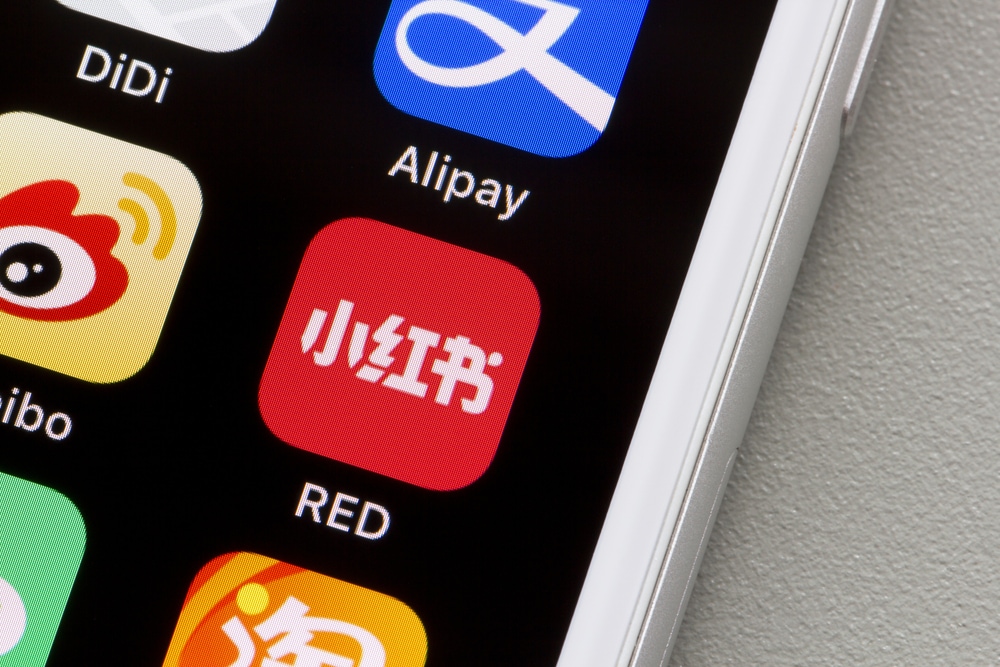As the likelihood grows that the US Supreme Court will enforce a TikTok ban over national security issues — unless ByteDance sells to a non-Chinese company by January 19, 2025 — an unexpected trend has emerged among TikTok's 170 million US users. They've begun downloading Xiaohongshu, with content creators exploring it as a potential new home for their content and community building. Some users are downloading it simply to highlight the ironic fact that other Chinese apps remain accessible even as TikTok faces removal from US app stores.
Xiaohongshu, which translates to "Red" or "RedNote" in English, emerged in 2013 as a platform to guide Chinese travelers shopping abroad. Today, it has evolved into a multifaceted platform that combines elements of Instagram, Pinterest, Amazon, and TripAdvisor. The platform offers various features including text posts, images, videos, livestreaming, and social commerce capabilities. Primarily targeting urban Chinese women aged 18-35, Xiaohongshu has built its reputation on fostering strong interest-based communities and hosting reliable user-generated content. The platform currently boasts approximately 300 million monthly users.
Many commentators noted the friendly relations between Chinese and U.S. users on the video-sharing app.
While TikTok alternatives have always existed, including Facebook, Instagram, and YouTube Shorts' attempts to replicate TikTok's short-form video format, none have managed to capture the platform's unique ability to drive cultural trends and meme creation. Facebook and Instagram may face particular challenges attracting younger, progressive users following Meta's controversial moderation policy changes regarding LGBTQ+ content — a decision Meta's CEO Mark Zuckerberg defended during an appearance on The Joe Rogan Experience.
YouTube Shorts has developed beyond its initial phase of Skibidi Toilet video proliferation, but its upcoming embrace of generative AI raises concerns about potential timeline saturation with AI-generated content. However, RedNote's success isn't guaranteed in this shifting digital landscape, as users often resist platform migration even when their current platform deteriorates. This resistance is evident in how X (formerly Twitter) maintains its user base, with some users alternating between X and Bluesky, while others abandon text-based platforms entirely.
In an unexpected development, President-elect Donald Trump might become TikTok's unlikely defender, having reversed his previous stance on the platform due to his growing popularity there. He recently questioned the necessity of banning TikTok on Truth Social, accompanying his post with a graphic showcasing his engagement metrics on the app.
As TikTok's fate hangs in the balance, a ban could lead to a more fragmented internet landscape: some users migrating to RedNote, others dispersing across various video-sharing platforms, and some potentially disconnecting altogether.


.png)
